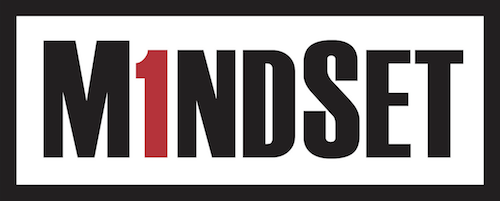Today we feature a topic on which MindSet has frequently been asked to consult: the dreaded evaluation and performance reviews. We can go fairly deep on this topic, but for this posting, let’s make this evaluation thing really, really simple.
What Isn’t Working
When we design a single tool to do many different things, the result is often a tool that does nothing exceptionally well. So it is with annual employee performance reviews – they typically try to document current performance levels across a wide range of domains (called a summative process), identify growth goals and needed supports (called a formative process), provide documentation justifying disciplinary actions, and sometimes are used to justify compensation. That is a lot for one process to carry!
MindSet finds the rationale and format for many annual evaluation processes to be a jumble of muddled thoughts and, resultantly, often a waste of time. If fact, we teach our clients that the more skilled their front-line supervisors, the less need they will have for the typical annual evaluation. Yet most continue the annual evaluation process, so here is a MindSet suggestion as to how a supervisor should ready themselves for that interaction.
Three Orientations for Effective Performance Reviews
Whatever the form or process your company uses, the meeting will be more successful if you enter the discussion with clarity of thought as to what you want to express and what you want the employee to feel and know when they leave the conversation. We suggest you adopt one of three MindSets as they enter the room for the visit:
- I am a raving fan. For your Star team members, this is a chance to celebrate their success and contribution and say thank you! Explicitly tell them how much you appreciate them, and spend time asking if there is anything more you can do to help them achieve even greater professional or personal success. In short, the discussion is not so much what more they can do, but what more you can do as their supervisor to make them even happier to work here!
- I am a coach. With your average/fair team members, assure them that they are a valued member of the team and that you want to use this time to identify one or two specific ways they could be even more successful and appreciated. Get an explicit commitment from the employee to work on those areas and make a reciprocal commitment to provide support, reminders, and feedback as growth is sought.
- I am a parent. With lower-performing team members, you need to impress upon them that their performance is lagging. Your visit will follow one of three paths: 1) If you feel the poor performance is due to lack of effort, then make clear that standards are not going to be lowered to accommodate them, and that improvement must be seen if they are going to remain part of the team, 2) If you believe the problem is due to a lack of knowledge or attainable skills, lay out a specific plan for remedial training, or 3) If you feel the performance deficit is due to a lack of ability, start by making clear that standards must be met, but there may be a better match for their ability in another position either inside the company or at another employer.
Regardless of the formal evaluation format – even if it’s cumbersome or not well-designed – supervisors will hold more focused and productive performance review conversations when they adopt one of the three above MindSets for their next performance review meeting.

Founder of MindSet, LLC.

